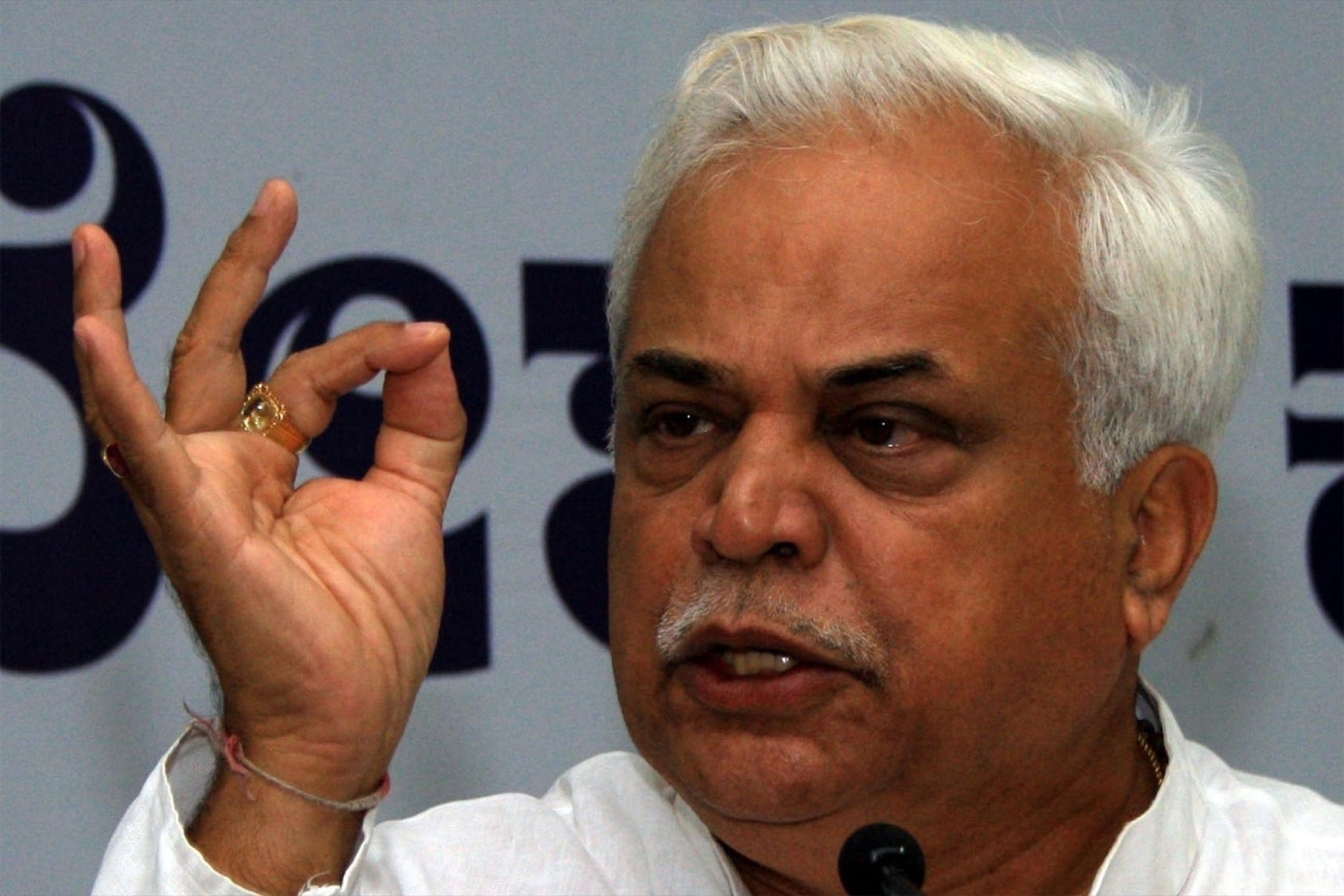'I don't believe in MoUs. Real investment matters' Karnataka has formed startup policy and startup council.
By Sunil Pol
Opinions expressed by Entrepreneur contributors are their own.
You're reading Entrepreneur India, an international franchise of Entrepreneur Media.

Karnataka with leading IT industry in the country is wooing corporate leaders to invest in the state, while competing closely with Telangana. RV Deshpande, Minister for Large and Medium Scale Industries and Tourism, Government of Karnataka, speaks with Entrepreneur India to explain his initiatives.
Karnataka has a number of investor-friendly fields. Name some areas that you are focusing on.
Karnataka is a very progressive state. First investor's summit in this country was held by Karnataka in 2000. Karnataka has strength in manufacturing, engineering, textiles, and in aviation we are among leaders. The largest R&D centers are in Bengaluru and largest number of material companies house in Karnataka.
We have unique industrial policies. We have sectors like solar power, tourism, textile and food processing that are attractive for investments. We have recently introduced the start-up policy, which is the first in the country. Today we are looking at aviation, infrastructure, manufacturing, tourism and IT for seeking investments.
How are you improving ease of doing business in the state?
The ease of doing business is not new concept for us. Karnataka was the first state to bring legislation for industries in 2002. During that time a lot of labor reforms also took place, but I am not happy with those. In the last around three months, many steps have been taken, we are coming up with major labor reforms and provisions for maintaining total transparency.
In FY 2016, what kinds of investments are you targeting?
I don't believe in MOUs. I don't say high net worth MOUs should not be signed but I believe in investments coming in reality. In 2000, we received the investments of Rs 27,000 crore out of which Rs 18,000 crore was on the ground, and today, MOUs are signed in the rage of Rs 5-6 lakh crore and just Rs 30,000 crore comes on the ground.
This is not what we want, we want real investors to invest, and we would like to encourage and support them. If a state has to prosper, investment has to come. Prosperity can be brought by investments as employment opportunities can be created for youth through investments. We are totally committed towards attracting investments.
How vital is Vision Group, formed with industry leaders?
The Vision Group is there to advise us. Our Ministry (Large and Medium Scale Industries and Tourism) cannot be just a ministry, it has to be proficiently working ministry. It has to be the ministry with the mindset of attracting investments, so we require the advice of the captains of industry. The Vision Group was formed under the chairmanship of Mohandas Pai. Recently, we have improved our ease of doing business ranking because of Vision Group's guidance.
While centre is interacting with the states and industries over GST, are you happy with it in current shape?
GST has to come in the interest of economy to flourish. It will not just favor any industry, it will favor common man. I am sure Lok Sabha and Rajya Sabha will deliberate discussion for GST to bring into reality from April 2016.
Why to invest in your state?
We are working in sectors like solar energy, waste generation energy, tourism and aviation. We are the transparent and vibrant state in terms of ease of doing business. In Karnataka at the administration-level decisions are taken very fast. I believe in competition that brings transparency, good and fast decision-making. Karnataka is known for transparency and quick decisions.
What kind of support are you giving to startups in Karnataka through startup draft policy?
Startups are the future of the country that will create impact. Today a large number of start-ups are in Karnataka. We have already brought in startup policy, and there is a startup council, which will be driven by the industry. Startup entrepreneurs sometimes belong to poor families, and they require financial support. As far as the IT is concerned, with the help of Nasscom there is already a warehouse with information services.
Startups are not restricted only to the IT, they are in tourism, manufacturing, defense and pharma. So now these policies are broad-based where there will be a committee. As SEBI has constituted a committee, so we will also be with its experts constituting a committee. Today, in IT industry has around 1.3 million direct professionals working.
How emerging state like Telagana is posing a competition in attracting investment?
Please understand only incentives and concessions cannot attract investments. They give incentives and concessions, but there is no infrastructure and human resource. As compared to Telangana, Karnataka has vibrant industrial policy along with policies for solar, tourism, IT, etc. We also give incentives and concessions but our strength lies in stable government, human resource, rich R&D and the presence of large industries in every field.
(This article first appeared in the Indian edition of Entrepreneur magazine (December, 2015 Issue).











